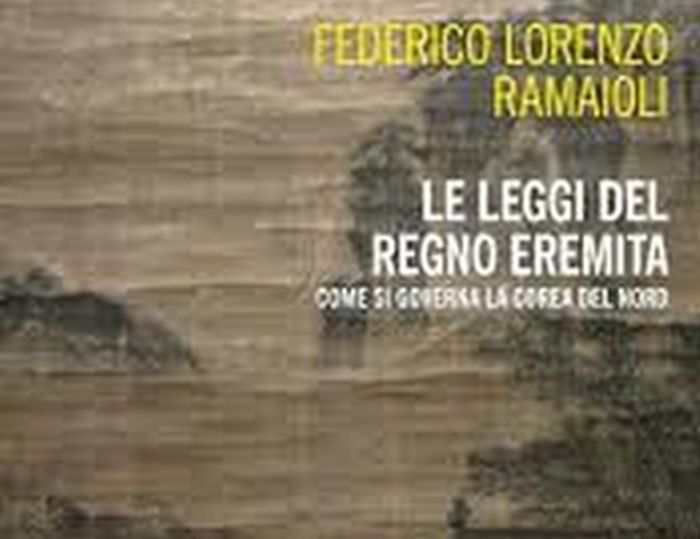Diplomat Federico Lorenzo Ramaioli’s new book, titled “The Laws of the Hermit Kingdom. How to Rule North Korea” (Mimesis), offers a new contribution on one of the least known and most mysterious countries on the planet. Indeed, the book explores the complex world of North Korea, a country shrouded in mystery and often associated solely with totalitarianism, repression and the dramatic division from South Korea. Ramaioli, starting with the leaders’ speeches and official texts, seeks to delve into its political and legal system, founding myths and absolute ideals, and tries to explain how the Pyongyang regime views itself and functions internally, with an analysis of its political, cultural and ideological structures. The book analyzes topics such as the Kims’ dynastic leadership, propaganda, economics, and the particular ideology of the Juche, linked to the idea of self-sufficiency and independence from the world. Ramaioli also explores how Kim Il-sung and his successors built and maintained their power, developing a cult of personality that permeates every aspect of North Korean life. Indeed, the figure of the leader is central, not only as a political leader but also as a “fatherly leader,” in the manner of a divine figure guiding the people. It is precisely the rediscovery of ancient Confucian and shamanistic beliefs that is one of the most interesting points of the book. In fact, the author shows how the regime gradually ends up developing its own unique internal political governance, which intersects the socialist principles established in its formative years with ancient conceptions such as the Confucian Sky Mandate, the family-national, and ancestor worship, including through the creation of family-like relationships between the ruling dynasty and the North Korean people. Indeed, Ramaioli shows how North Korea has gradually detached itself from Marxist influence, transforming its political system from a Soviet-style republic into a regime that recovers ancient traditions from its ancestral past. The book thus offers a fresh perspective on the Pyongyang regime, inviting reflection on its ambitions and how it projects itself into the future. By analyzing North Korea from multiple angles, Ramaioli offers a significant contribution to better understand its political, historical and cultural dynamics, with a focus on the present and new prospects for the evolution of the “hermit kingdom.”
(ITALPRESS).
-Photo Mimesis Editor-

